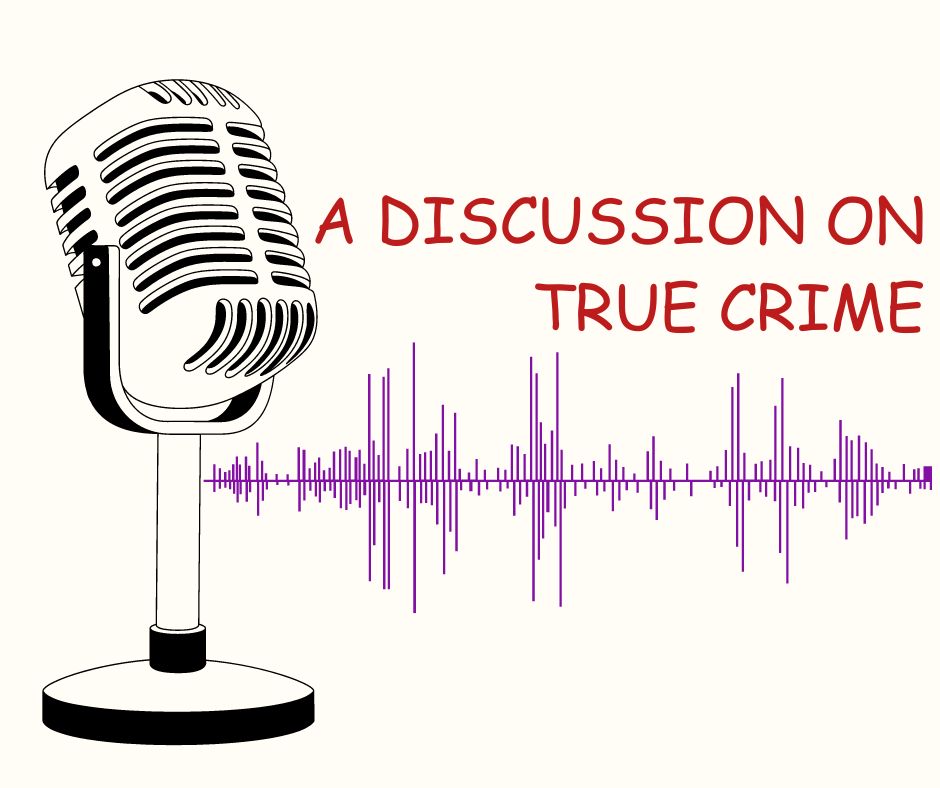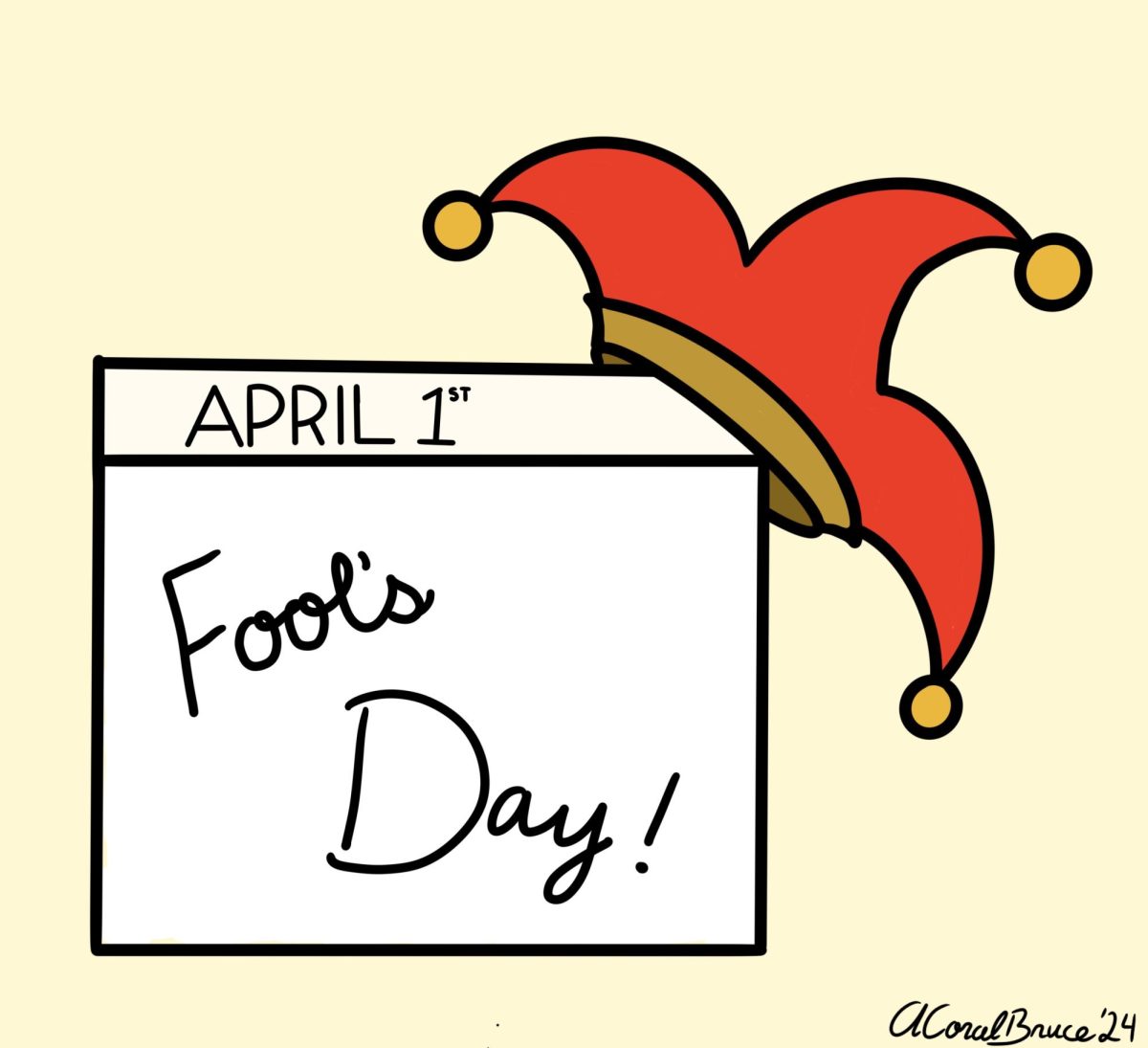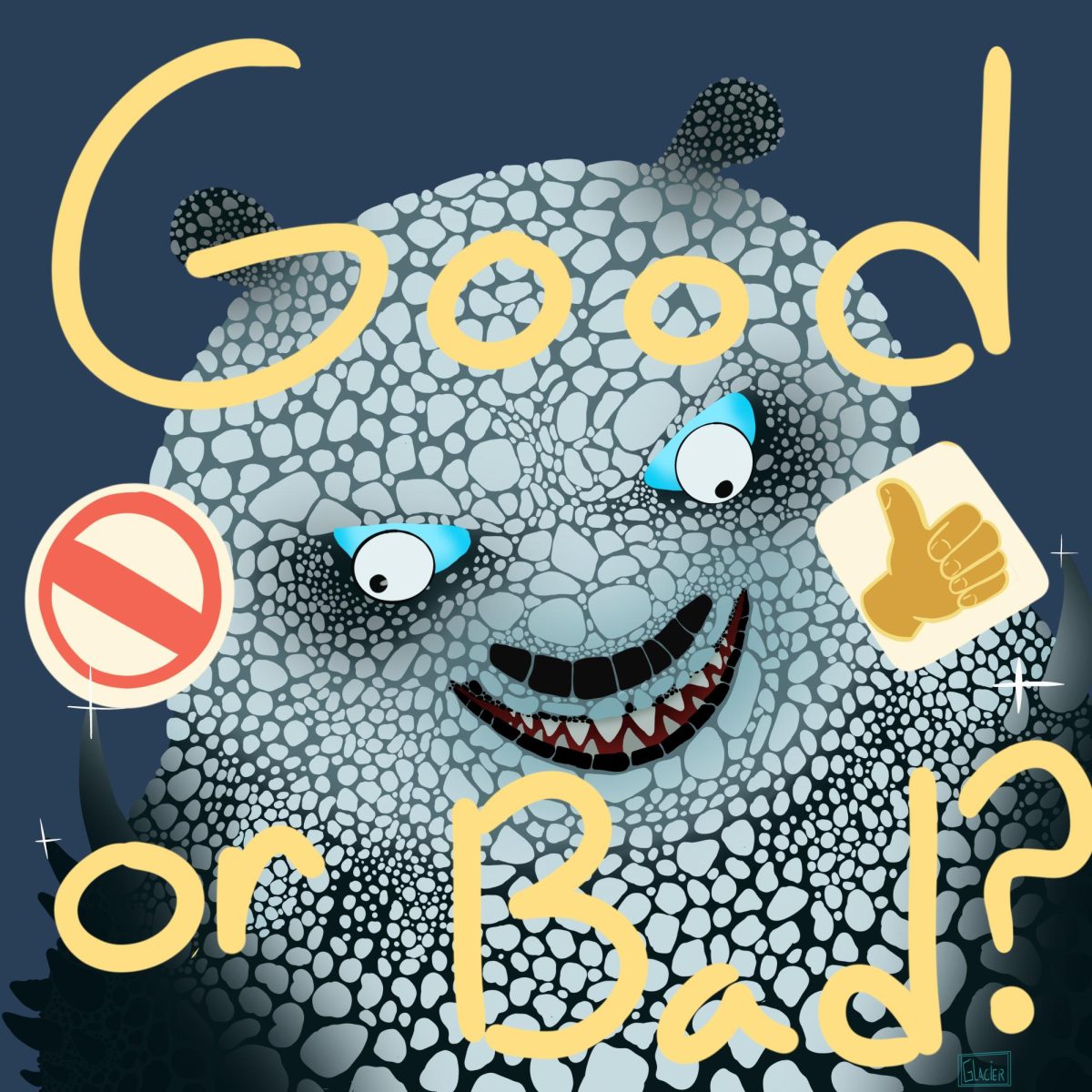The illegal copying of copyrighted music has long been an issue. When music was on cassette tapes, it was easy to record songs from the radio.
When CDs were invented, the issue was the same but at a higher quality of duplication. Today, we have files that are easily downloaded, copied, pasted, shared and deleted.
There are many campaigns against this pandemic of illegal music downloading (pirating). There are even commercials, such as the famous “You wouldn’t steal a car…” campaign.
However, these advertisements do little to deter society from downloading. It’s easy to download, and you’ll probably get away with it. At least, most people think they will.
The main concern with pirating music is that the music is stolen. Those who make a living through selling CDs, such as producers and retailers, are losing money. However, the artists aren’t losing as much as you might imagine.
According to InformationIsBeautiful.net, artists only make about 10 percent off of each album sold at $9.99 from a major record label. The only artists that actually make money from album sales are those who produce their own CDs or those who go gold or platinum. But only about 5 percent of albums released each year have a chance of selling 500,000 to 1 million copies.
So, how do the other 95 percent of artists make their money? Artists acquire nearly all their profits from concerts and merchandise.
Pirating music can help lesser-known bands become popular and increase concert attendance. If people have enough money for only one or two CDs, they are likely to buy an album they are certain will be decent. If people can download music for free, then they are more likely to explore and experiment in their tastes; therefore, they will discover new bands.
Many artists and bands today are offering some or all of their music for free or for donations to attract listeners. If they can gain a large mass of fans, they will profit quickly from concert and merchandise revenue.
While it may be easy to pirate music, it is still best to actually purchase it. That way, you can help out involved parties other than the artist. You are bringing business to the company selling the CD, those who work at the company, the producer and those who sell to the producing company. If you discover artists you like through pirating, make an effort to legally purchase their albums, concert tickets and merchandise.
In the end, downloading is a double-edged sword. However, pirating music is still illegal and best left undone. The chance of getting caught, no matter how big or small, is not worth it.
Megan Myer/Online editor
Megan Myer can be reached at [email protected].






